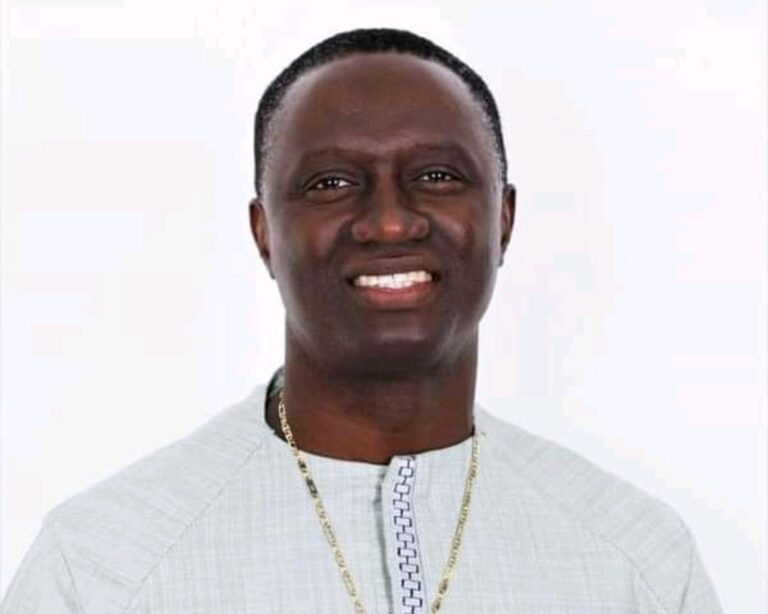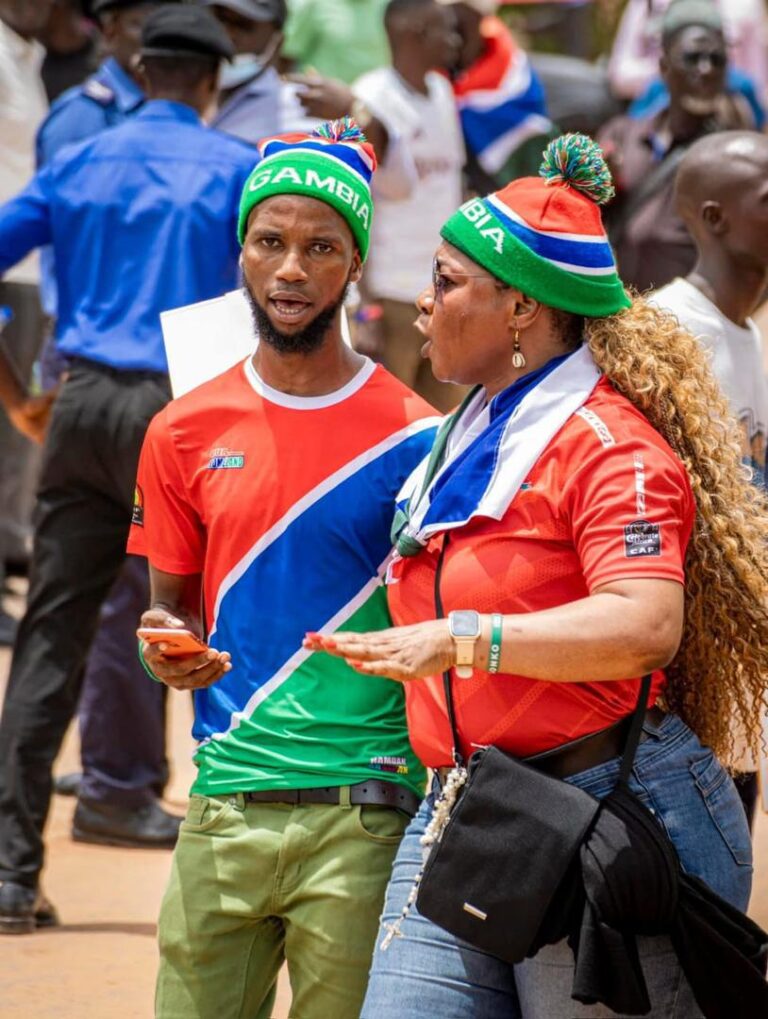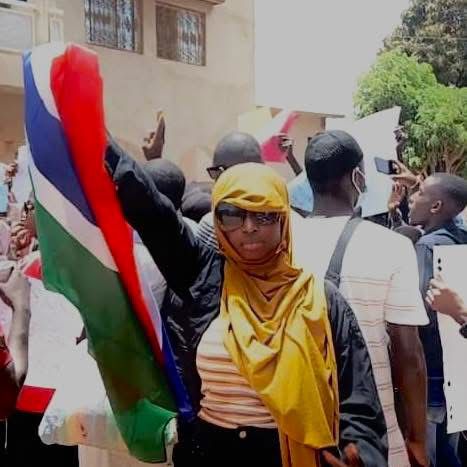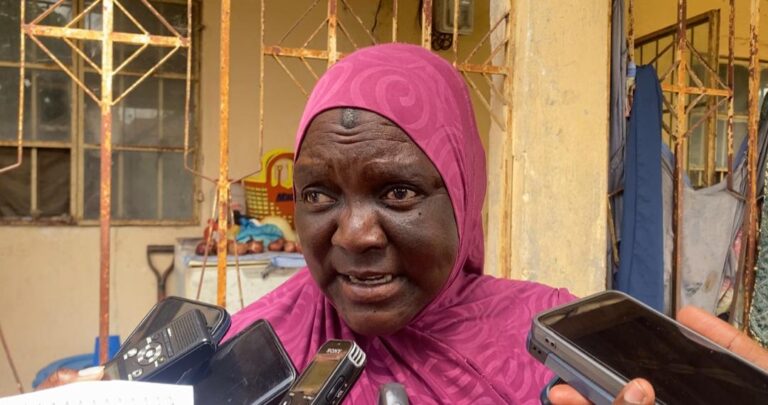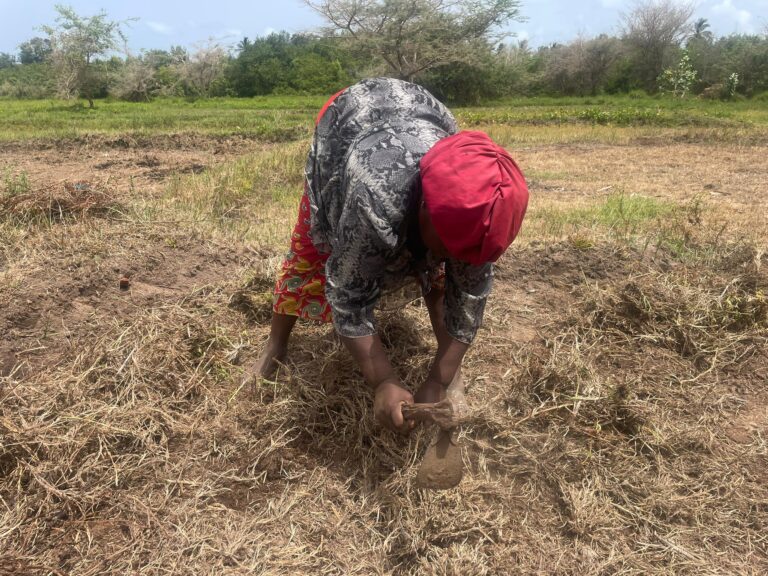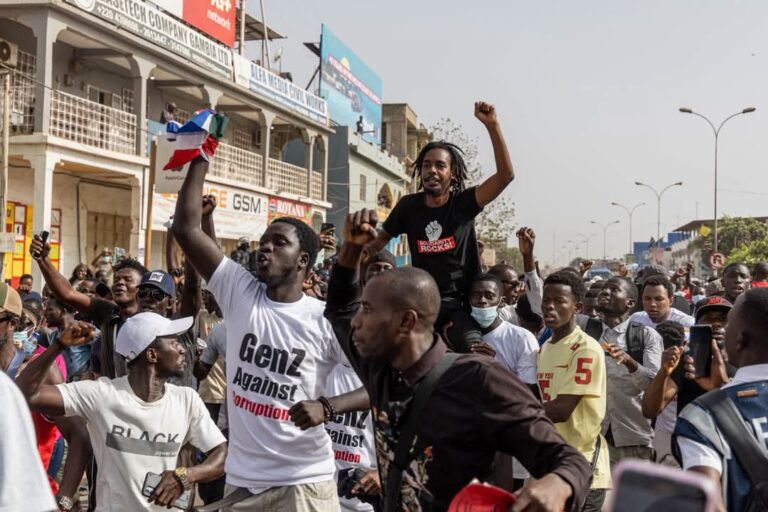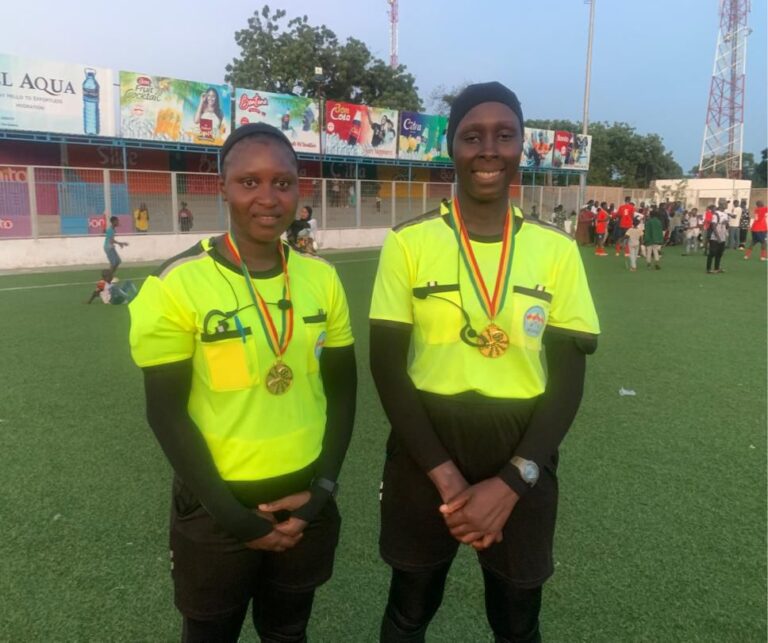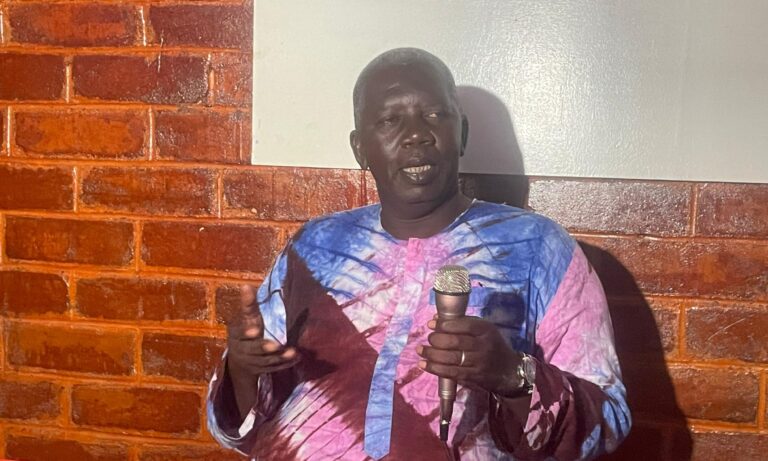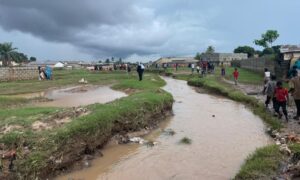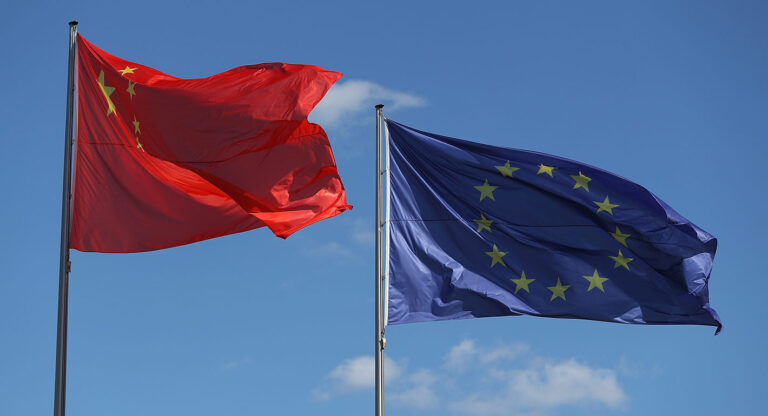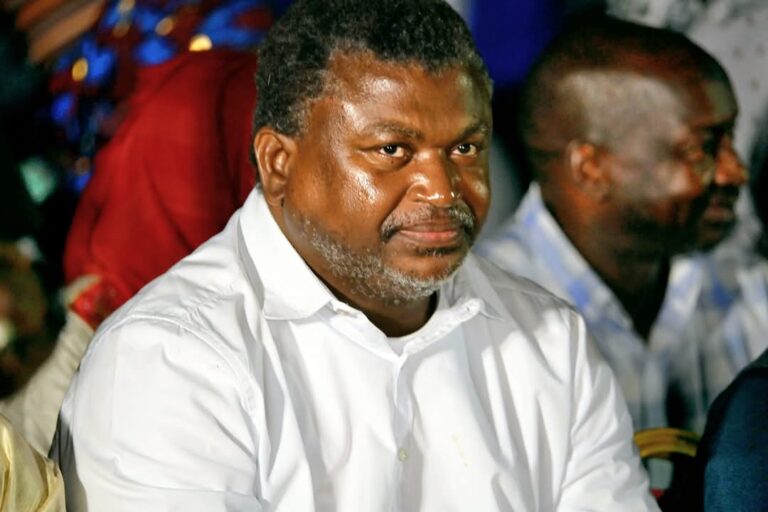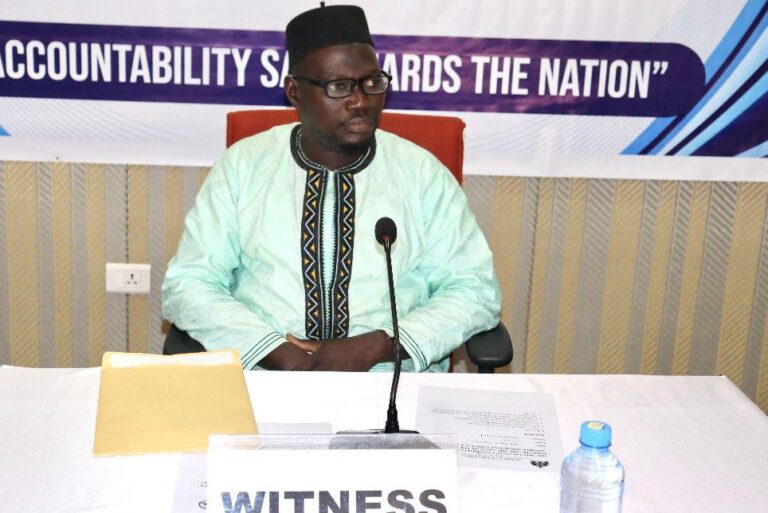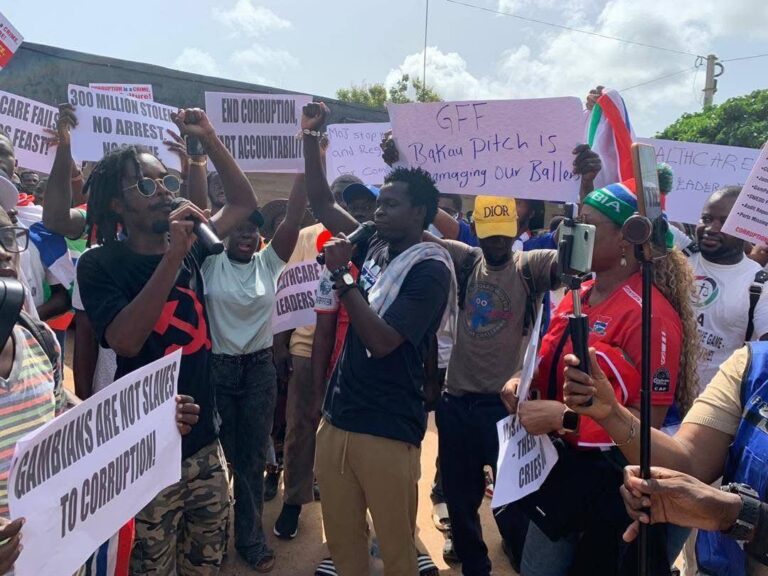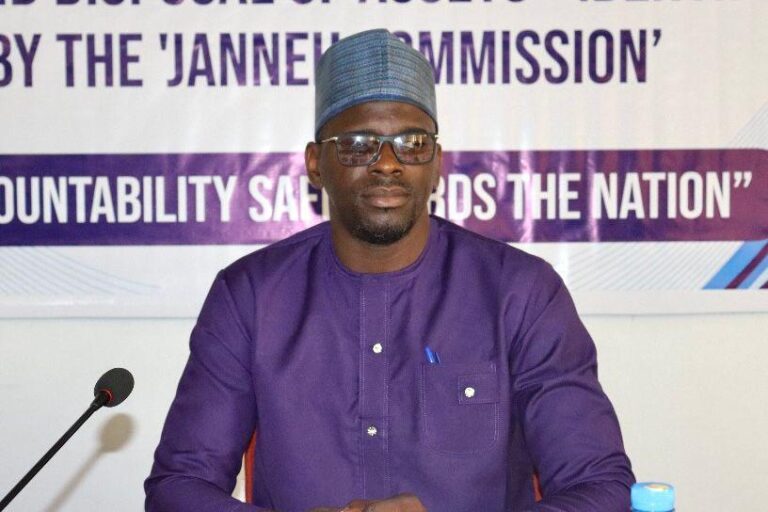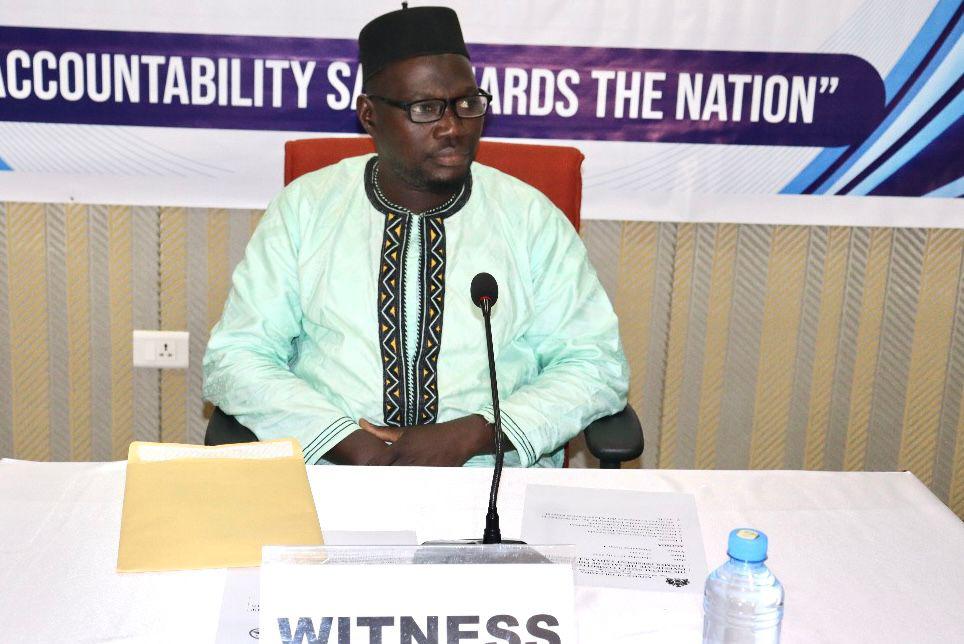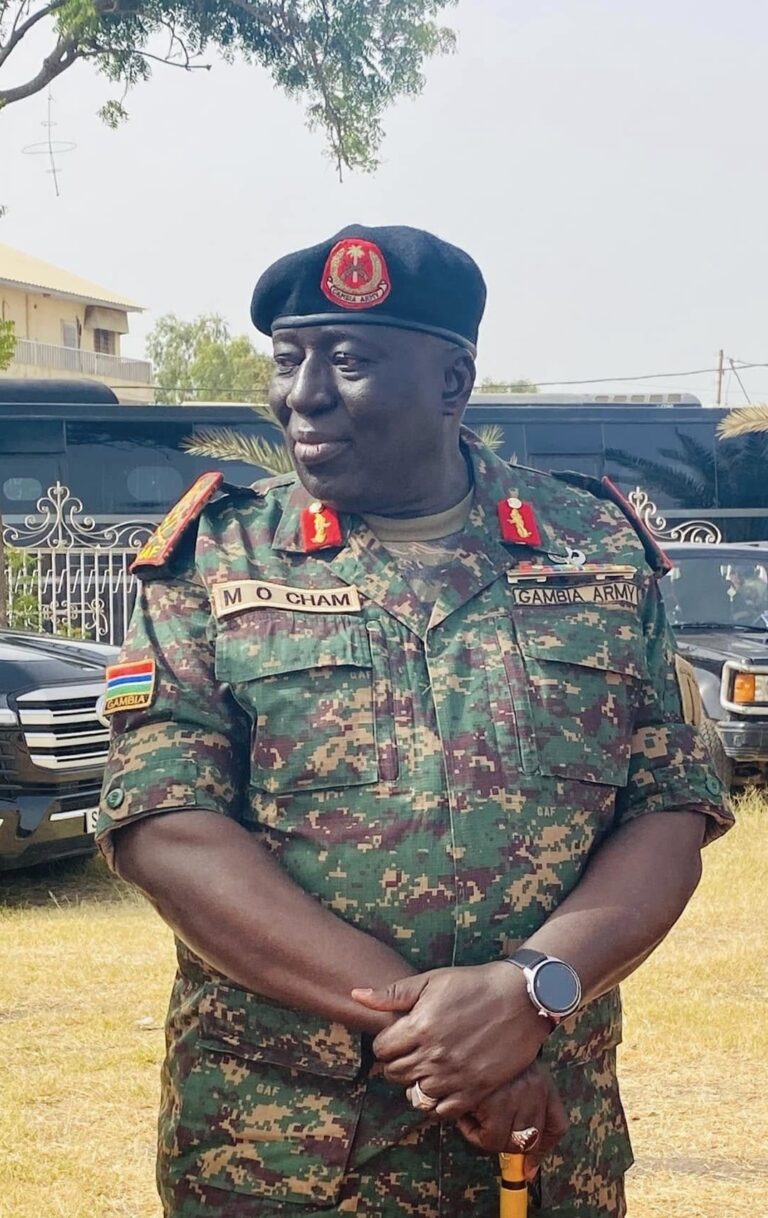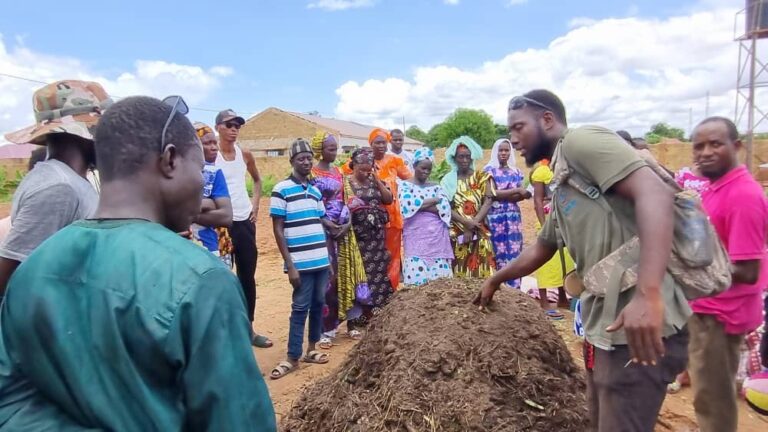Written by: Seringe S.T. Touray
Editor-in-Chief, The Fatu Network
If there’s one man in The Gambia quietly but firmly reshaping how we see the military, it’s Lieutenant General Mamat Omar Cham. Since taking the helm as Chief of Defence Staff (CDS) in October 2023, Cham has not only led the Gambia Armed Forces (GAF) with calm authority, he has also taken deliberate steps to distance the institution from its haunted past. And yes, I’m talking about the legacy of Jammeh, who once turned the army into a tool of fear and political repression.
Under Jammeh, the military was used to intimidate political opponents, suppress protests, and enforce loyalty to the regime, often with brutal consequences. The public viewed the armed forces with suspicion and fear. Uniformed men didn’t inspire pride, they raised red flags.
CDS Cham inherited that burden. But instead of being weighed down by it, he’s been working steadily to lift it.
A Career Soldier with a Mission
Mamat O. Cham isn’t a name that emerged out of nowhere. He climbed the ranks with discipline and distinction, serving previously as Deputy Chief of Defence Staff before President Barrow appointed him to the top job. Today, he commands an estimated 6,000 service members across the army, navy, and air force, overseeing national security at a time when the idea of stability is more fragile than we’d like to admit.
His mandate is clear: professionalise the armed forces, rebuild public confidence, and safeguard the nation’s territorial integrity. But perhaps more than that, he’s also trying to redefine what it means to wear the Gambian uniform.
He doesn’t do this with big slogans or flashy campaigns. He does it by showing up, speaking directly to troops in Parkaliba or Basse, and insisting on values like discipline, respect, and readiness.
And when he speaks, it’s not empty rhetoric.
“We are a professional army. We are not part of politics. We are not part of any party. We are here for the nation,” he reminded officers during a recent field visit. It’s a simple message, but in today’s Gambia, it’s one that matters a lot.
Taking a Hard Line on Crime
One of Cham’s most public positions has been his firm stance against armed violence and robberies, a concern that’s been growing in urban centres. And he’s not mincing his words.
“To armed robbers, I say this, if you are armed and attacking people, you are attacking the state,” he said. “And when you attack the state, the state has every right to defend itself. Our soldiers will not hesitate to neutralise you.”
To some, it may sound harsh. But to others, especially victims of crime, it’s a necessary tone. Too many Gambians have lost their sense of safety. What Cham is offering is clarity, and a return to order.
“We will not allow criminals to think they can do what they want. This country has laws. And we, the military, will support the police to enforce those laws. We are not here to fold our arms while people live in fear,” he added.
It’s that kind of directness that has earned him quiet respect across the security sector, even among civilians who might otherwise be sceptical of the military’s role in public safety.
A Human Face Behind the Rank
What’s most surprising about Cham isn’t his sharp uniform or commanding voice, it’s how approachable and humble he is. He approaches every check‑in as a conversation, not an inspection, and he treats troops like people, not cogs. Officers describe him as calm, respectful, and genuinely interested in their wellbeing. He doesn’t lead from a pedestal, he leads from the ground up. Small gestures like remembering someone’s name or asking about their family don’t show up in press releases, but they stick. They humanise the institution, and that humility is rare in uniforms these days.
Budget Woes and Institutional Failures
It’d be easy to blame Cham if things aren’t perfect, but sometimes the real problem isn’t the man in charge, it’s the system above him. We’ve seen serious budget shortfalls across government, affecting institutions far beyond the military. Take the Ministry of Health, for example. Just recently, one of its offices in Kanifing South was reportedly locked out by the landlord over nearly D750,000 in unpaid rent, despite the ministry saying half-year rent had been paid on time. If the health sector can’t pay rent, what chance does the military have to modernise training, upkeep equipment, or maintain infrastructure?
Then there’s the Independence Stadium in Bakau. After millions of dollars spent on upgrades, CAF still refuses full approval. They warned Gambia as far back as 2019 that our main stadium didn’t meet standards, citing an unsafe pitch, lack of fixed seating, no scoreboard, and poor medical facilities. In 2022, we were banned from hosting national matches. We only recently got a temporary green light for two fixtures in April 2025, and CAF still demands more work before full clearance. So yes, money was spent, but leadership failed us, again.
These are not minor hiccups, they’re red flags that ripple across institutions, the military included. Cham might be the CDS, but he can’t push funds that don’t exist, he can’t accelerate government processes that are broken, and he certainly can’t compensate for corruption draining the system. Where there is rampant corruption at the top, the consequences are heavy, and civilians feel the toll.
The ECOMIG Question
But for all the progress, there’s still an elephant in the room, and its name is ECOMIG.
Let’s be honest. The continued presence of ECOWAS troops in The Gambia, nearly a decade after Jammeh’s departure, raises questions that the government doesn’t seem eager to answer. At what point does a peacekeeping mission start to look like a vote of no confidence in our own military?
On paper, ECOMIG is here to maintain peace and stability. But on the ground, it sometimes feels like their presence overshadows our own forces. It sends a quiet but heavy message, that we are not yet ready to stand on our own.
And that’s a problem.
Can a sovereign country really claim to be stable if it doesn’t even trust its own army to secure its borders?
CDS Cham has never publicly criticised ECOMIG. That’s not his lane. But through his actions, rebuilding neglected outposts, inspecting regional deployments, and reinforcing command structures, he is quietly laying the groundwork for independence.
He’s saying, without saying it, we are capable.
Standing Apart from the Rot
One more thing that deserves attention is Cham’s reputation for integrity. In a government where corruption headlines have become far too common, Cham stands apart.
There are no reports of him enriching himself, no whispers of dirty contracts, no photo-ops with shady dealers. He simply does his job. And in this country, that alone feels like a breath of fresh air.
His clean distance from the scandals of the Barrow administration is not just admirable, it’s essential. The armed forces must be seen as above the political fray. Cham knows this. He acts accordingly.
A New Kind of Leader
Lieutenant General Mamat O. Cham may not seek the limelight, but his leadership is exactly what this country needs right now. He doesn’t talk too much, but when he does, it’s with purpose. He doesn’t demand respect, he earns it. And in doing so, he’s quietly restoring faith in one of the most critical institutions in our democracy. For that, he deserves our attention, and our gratitude.

